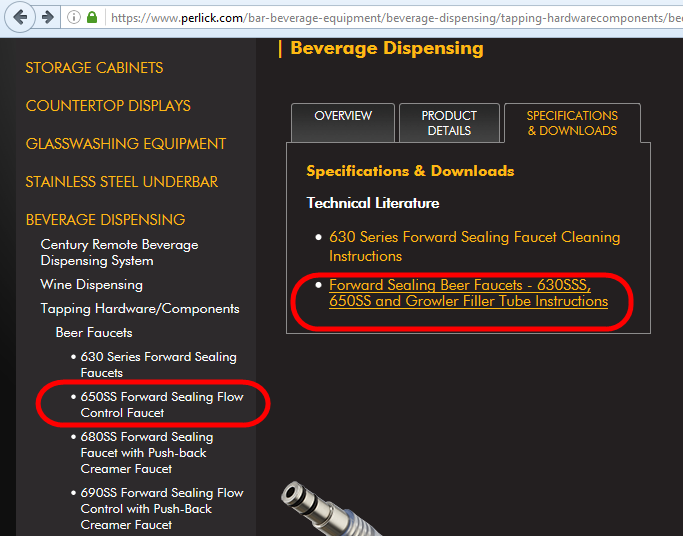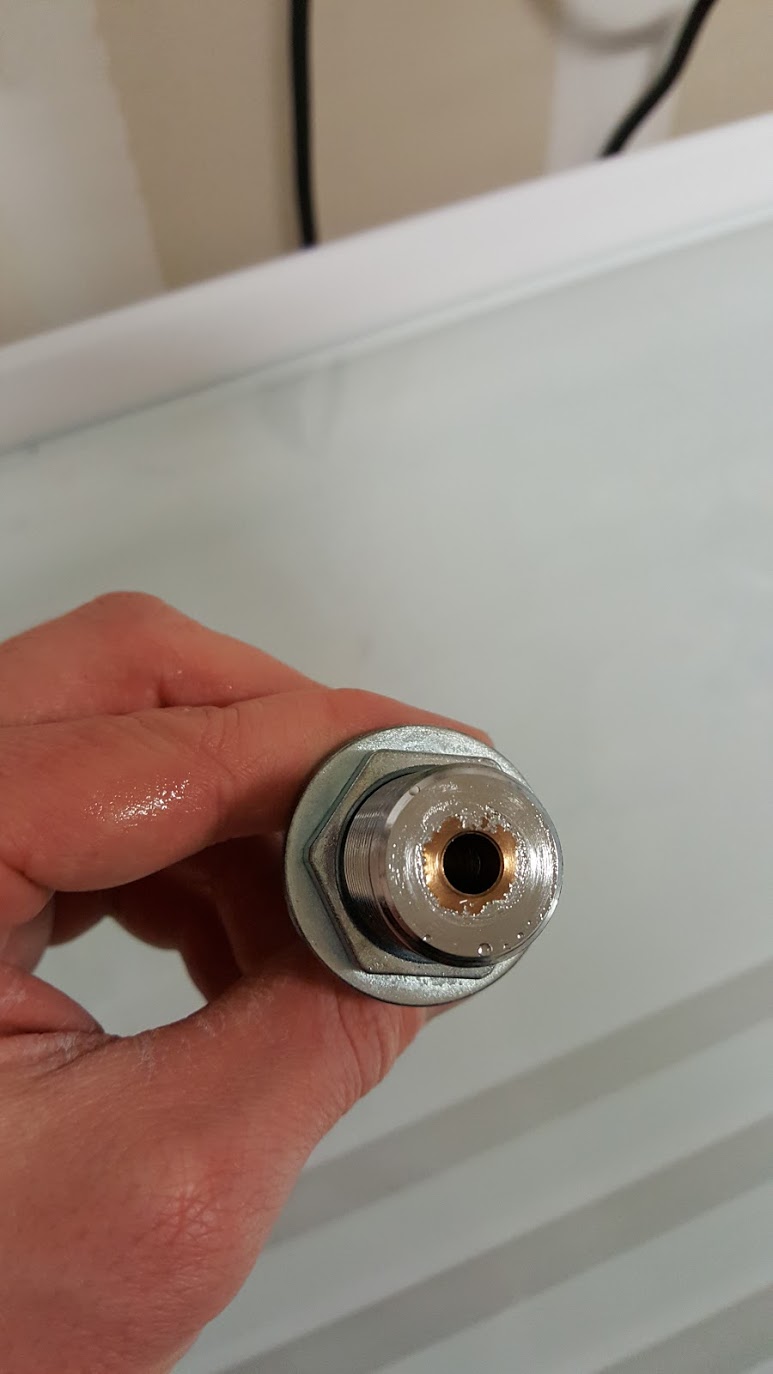I think it's around 3.
I want to buy flow control taps. Currently using picnic taps.
Should I wait awhile longer to see if perlick comes out with a new mode that doesn't have this problem or buy now? How big of deal breaker is this sulfur problem?
I have a pH meter. Wouldn't be a big deal to test my beer pH and just use a picnic tap or non flow control tap for beer with pH < 3.






















































![Craft A Brew - Safale BE-256 Yeast - Fermentis - Belgian Ale Dry Yeast - For Belgian & Strong Ales - Ingredients for Home Brewing - Beer Making Supplies - [3 Pack]](https://m.media-amazon.com/images/I/51bcKEwQmWL._SL500_.jpg)





